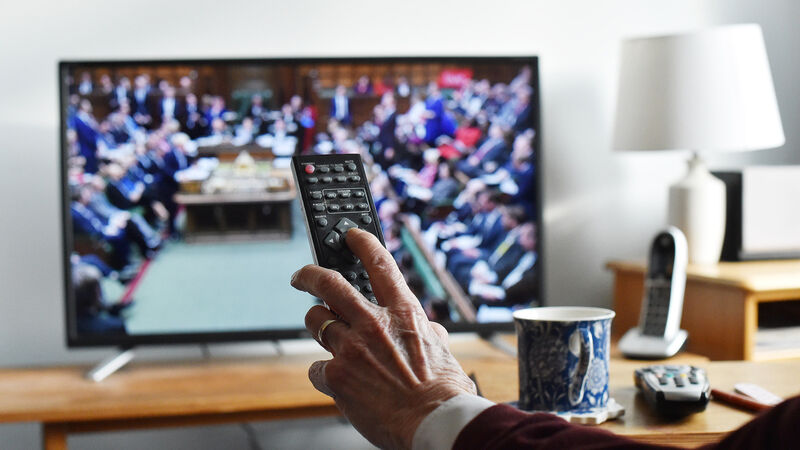Thousands have not paid the TV licence. Is it civil disobedience or opportunism?

We need to ask ourselves what is the reason and aim behind the decision not to renew the TV licence? Is it to highlight a major injustice in society, or to save some money for oneself? File picture: Nick Ansell/PA Wire
Bad governance has financial consequences. The people of Ireland are out to punish RTÉ for its errors of judgment, and the renewal of the TV licence is the perfect opportunity to hit RTÉ where it hurts most.
The message is clear: taxpayers may pay the TV licence but RTÉ does not have the licence to misspend taxpayers’ money.
















